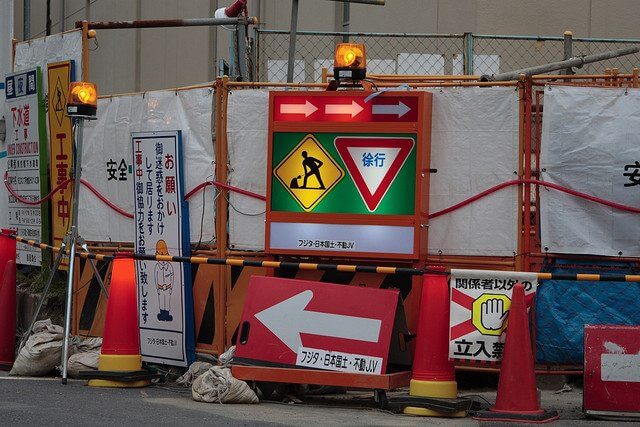Effective communication is crucial in construction project management. This blog post examines a key study by the Journal of Facilities Management. It highlights the critical consequences of poor communication in construction projects.
The study is not just academic theory; it’s backed by thorough research and expert insights. Our goal is to present these findings clearly.
We’ll explore how communication issues can disrupt construction projects and underscore the importance of better communication strategies in the industry.
1: The Importance of Effective Communication in Construction
In the construction industry, clear communication it’s essential. From the initial design phase to the final handover, every step requires precise and timely communication.
Why is this so critical? Construction projects are inherently complex. They involve a multitude of stakeholders, including architects, engineers, contractors, and clients. Each party brings unique expertise and expectations. Miscommunication or delayed information can lead to costly errors, delays, and even safety hazards.

Moreover, construction projects are dynamic. Changes in design, unexpected site conditions, and varying regulatory requirements are common. Effective communication ensures that such changes are promptly shared and addressed, keeping the project on track.
Communication keeps a construction project together. It enables collaboration, ensures that everyone is on the same page, and drives the project towards successful completion.
2: Causes of Poor Communication in Construction
Several factors contribute to poor communication in construction:
Cultural and Language Differences: Construction teams are diverse, and language barriers can cause misunderstandings and misinterpretations of important information.
Lack of Standardised Communication Protocols: Without clear rules on information sharing, vital details can be lost or misunderstood, leading to mistakes in project execution.
Technological Gaps: In a digital age, not using or resisting modern digital tools can limit efficient communication. Problems arise especially in projects where some parties use outdated methods, causing a disconnect in how information is shared.
Inadequate Training in Communication Skills: When team members lack training in communication, the risk of miscommunication increases, negatively impacting project outcomes.
These factors are often interconnected, creating a complex set of challenges that need to be addressed to improve communication in construction projects.
3: Effects of Poor Communication on Project Outcomes
Poor communication in construction projects brings several negative outcomes that affect project success. Key issues include:
Project Delays: Misunderstandings or missing information often lead to delayed timelines.
Increased Costs: When communication fails, mistakes happen, requiring costly fixes and rework. This can lead to unexpected expenses that could have been avoided.
Quality Issues: If instructions or specifications are unclear, the quality of construction can drop.
Safety Hazards: Lack of clear communication can create safety risks on the construction site.
Relationship Problems: Poor communication can cause conflicts and disputes between those involved in the project, harming working relationships.
Reputational Damage: When projects suffer from communication issues and fail to meet client expectations, it can harm the reputation of the companies involved, impacting their future opportunities.
Each of these points highlights why effective communication is essential for timely, within-budget, and successful construction projects.
4: Insights from Construction Experts
Gaining insights from construction experts adds a practical dimension to our understanding of communication in construction. Their perspectives validate and expand upon the theoretical findings:
Expert Perspective on Communication Challenges: One expert noted, “In our projects, clear communication is as vital as the blueprint itself. Missteps in relaying information can cascade into costly delays.” This statement echoes the identified causes of poor communication, emphasising its critical role in project management.
The Value of Effective Communication: Another expert highlighted, “Effective communication isn’t just about avoiding errors; it’s about building a cohesive team that can adapt and respond efficiently.” This insight underscores the broader benefits of good communication, extending beyond mere error prevention to fostering a more dynamic and responsive project environment.
These expert opinions reinforce the notion that effective communication is a key driver of success in construction projects, influencing not just the technical outcomes but also the overall team dynamics and project agility.

It’s clear that poor communication can lead to significant delays and cost overruns. Addressing these issues it’s essential for project success. Consider your own projects, could better communication have made a difference?
Your insights and experiences are invaluable. Share your thoughts in the comments below. How have you navigated communication challenges in your projects? What strategies have you found effective?
If you found this post enlightening, please share it with your colleagues and peers. And stay tuned for our next post in this series, where we delve deeper into effective communication strategies in construction project management.




